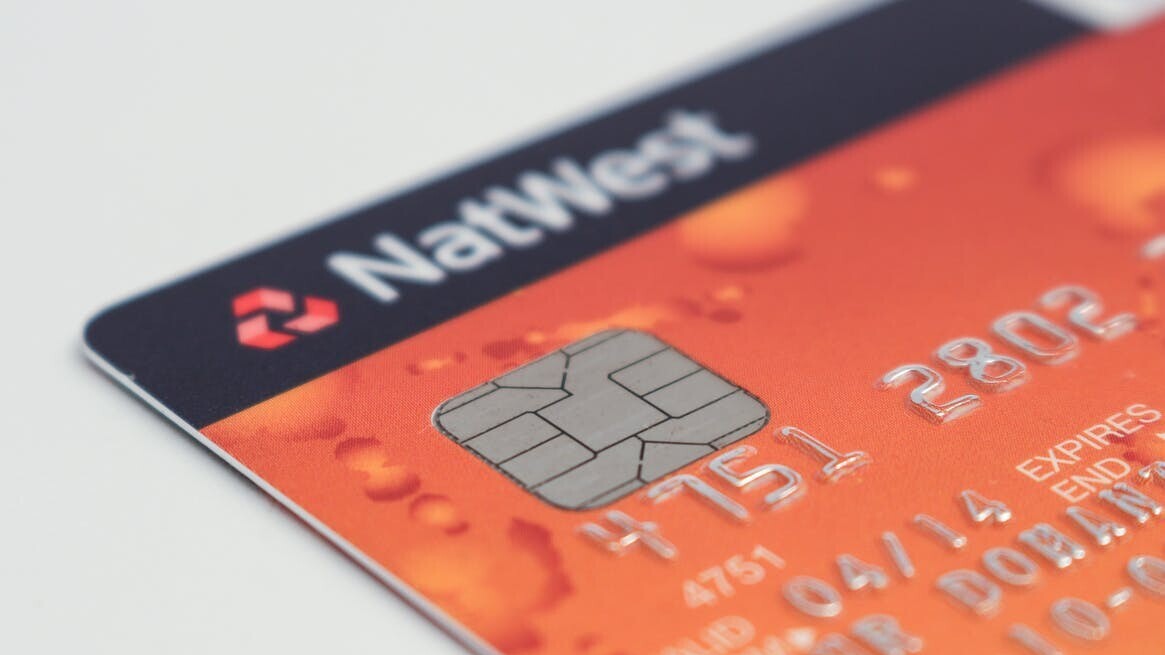
The COVID-19 pandemic has caused major disruptions for brick and mortar businesses and e-commerce brands alike. While much of the media focus has been on forced closures of retail locations, I’ve also seen plenty of online stores that have been adversely affected by these changes.
With supply chain interruptions and adapting to remote teams, even e-commerce brands are undergoing a period of significant adjustments. While we are better positioned for these changes than others, it is still a challenging time. Visual Capitalist data reveals that while many food staples are experiencing sales increases of over 300 percent, many “non-essential” categories — particularly luggage, cameras and swimwear — have experienced sharp declines.
Unfortunately, the shift to online purchasing isn’t just hurting select businesses. It is also causing many individuals with disabilities to get left behind due to a lack of web accessibility.
I’ve written about the importance of web accessibility before, but now that we’re in a time when many people are limited to shopping exclusively online, it is more essential than ever.
What COVID-19 means for web accessibility
According to the CDC, roughly one in four adults in the United States live with some type of disability. That’s roughly 61 million people. These numbers include people with mobility limitations, hearing and vision disabilities, as well as issues related to cognitive function.

All of these disabilities can impact someone’s ability to use the internet. Someone who is blind will depend on a screen reader to navigate a website. Deaf individuals rely on closed captioning or transcripts for audiovisual content. If a website doesn’t have provisions to address these and other access needs, the website can become essentially unusable.
While the Americans with Disabilities Act ensures that accommodations are made to meet access needs at physical retail locations, e-commerce brands have lagged behind in ensuring similar accessibility provisions are made for their stores.
When physical retail is unavailable, this can quickly become problematic. Quartz reports that year over year retail foot traffic dropped 97.6 percent in March, in large part because of retailers closing to slow the spread. For many, especially those with compromised immune systems or other underlying health conditions, buying online is now the only viable shopping option.
Where online stores are falling short with web accessibility
While e-commerce could seem more convenient for individuals with disabilities, most websites fail to address even basic access requirements to ensure users can get information or make a purchase.
Web accessibility automation platform accessiBe recently evaluated 10,000,000 websites to see if they met WCAG accessibility standards. Of this large sample group, 98 percent had noncompliant menus. 89 percent had popups that interfered with basic access needs. The majority of sites also had accessibility issues with forms, icons, buttons and images.

Even a seemingly minor issue could keep an individual with disabilities from being able to complete a purchase. For example, if on-site buttons do not allow for keyboard navigation, a shopper might be unable to add a needed item to their shopping cart.
During the current pandemic, such obstacles could keep people from being able to purchase essential items they need when it is too dangerous for them to leave the house. In some cases, this could cause individuals in high-risk groups to run out of food or medication.
Potential fallout from not making your e-commerce store accessible
With such dire consequences associated with COVID-19, it is clear that we as e-commerce retailers have a responsibility to ensure that everyone can complete the purchases they want or need at this time. Failure to enhance website accessibility leaves an already-vulnerable group in an even more difficult situation.
If you don’t act, this could also lead to serious consequences for your e-commerce brand. The 2019 Click-Away Pound Study found that 69 percent of people with disabilities will abandon a site that presents access barriers — resulting in yearly losses of £17.1 billion in the UK alone.
In fact, 83 percent of those surveyed said they try to “limit their shopping to sites they know are barrier-free.” If your website has accessibility barriers, you could be losing money and not even be aware of it. This is a major missed opportunity, especially for e-commerce stores selling items that are currently in high demand.
The stress and anger many are feeling because of COVID-19 also presents another risk for noncompliant e-commerce sites: lawsuits. An analysis from Seyfarth found that 11,053 web accessibility related lawsuits were filed in the United States in 2019 — an eight percent increase over 2018, and a substantial increase from when just 2,722 lawsuits were filed in 2013.
Courts in the United States are increasingly viewing web accessibility as an ADA issue. E-commerce brands that fail to take quick action could find themselves facing serious consequences as frustrated customers attempt to deal with their situation.
Make accessibility a priority now
There is no telling how long the COVID-19 pandemic will continue to disrupt our daily lives. However, its impact will likely extend after the virus is no longer a major threat, altering our behaviors and buying habits for some time to come.
Because of this, online stores need to start prioritizing web accessibility today. This will allow you to better serve customers with access needs during the current crisis and when things eventually get back to normal.
Get the TNW newsletter
Get the most important tech news in your inbox each week.




